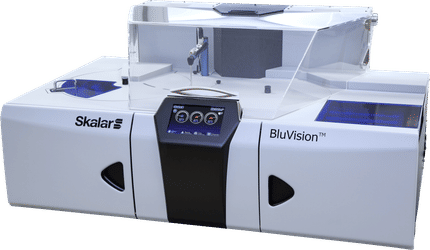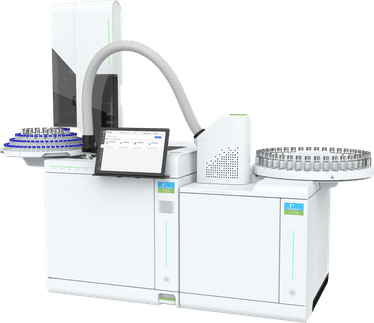To use all functions of this page, please activate cookies in your browser.
my.chemeurope.com
With an accout for my.chemeurope.com you can always see everything at a glance – and you can configure your own website and individual newsletter.
- My watch list
- My saved searches
- My saved topics
- My newsletter
AnticarcinogenAn anticarcinogen is any chemical which reduces the occurrence of cancers, reduces the severity of cancers that do occur, or acts against cancers that do occur, based on evidence from in vitro studies, animal models, epidemiological studies and/or clinical studies. Product highlightPreventative anticarcinogens act by enhancing an organism's natural defenses against cancer, by deactivating carcinogens or by blocking the mechanisms by which carcinogens act (such as free radical damage to DNA). Anticarcinoma agents participate in the selective destruction of cancer cells, or inhibit the growth and proliferation of cancer cells. Interest in preventative anticarcinogens is motivated primarily by the principle that it is preferable to prevent disease where possible, and that positive actions can be effective as well as negative ones (such as reducing exposure to known carcinogens). Anticarcinoma agents that do not have significant negative side effects have a similar potential role, by reducing the seriousness of any cancers that do occur. Known anticarcinogensThere is epidemiological evidence that a diet rich in antioxidant vitamins and flavonoids is anticarcinogenic. Interest in many popular nutritional supplements, including essential antioxidant nutrients such as selenium compounds and hormones such as melatonin and DHEA, is partly motivated by evidence that these have significant anticarcinogenic effects in appropriate quantities. The major psychoactive component in marijuana, tetrahydrocannabinol, has been shown to have anticarcinogenic activity.[1] The other major component of cannabis - cannabidiol, has also been shown to inhibit cancer cell growth, with low potency in non-cancer cells. Although the inhibitory mechanism is not yet fully understood, Ligresti et al suggest that "cannabidiol exerts its effects on these cells through a combination of mechanisms that include either direct or indirect activation of CB2 and TRPV1 receptors, and induction of oxidative stress, all contributing to induce apoptosis."[2] References
See also
Categories: Biomolecules | Chemopreventive agents |
| This article is licensed under the GNU Free Documentation License. It uses material from the Wikipedia article "Anticarcinogen". A list of authors is available in Wikipedia. |







